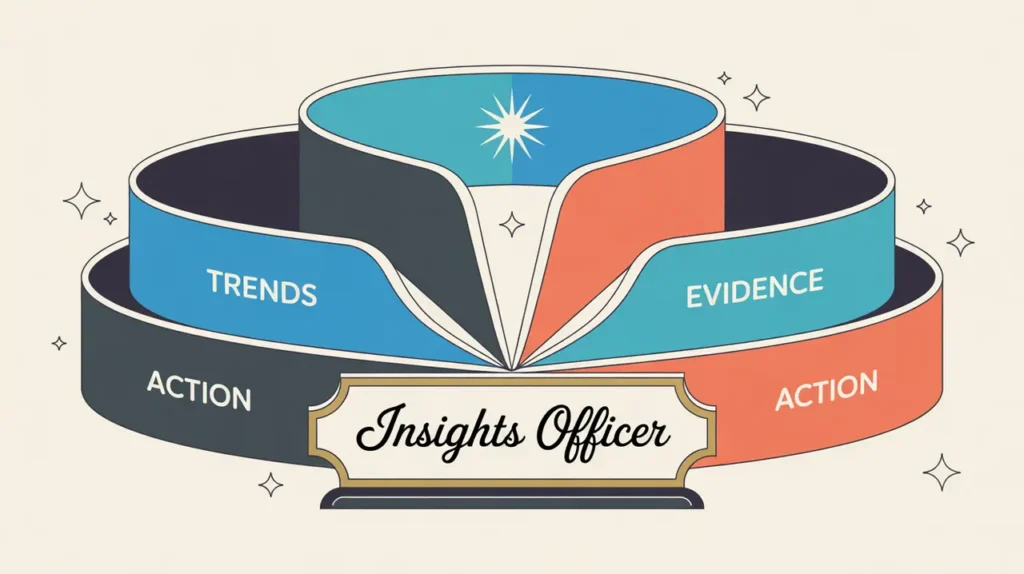What Does the Data Entry Clerk Role Involve?
A data entry clerk is responsible for entering, updating, and maintaining accurate information within an organization’s databases, spreadsheets, or information systems. This involves transcribing data from various sources, verifying information for accuracy, following standardized procedures, and supporting data management workflows. The role typically sits within data, monitoring and evaluation, research, or operations functions depending on the organization’s structure. In both nonprofits and social enterprises, data entry clerks provide essential support for ensuring the reliability and timeliness of information used across programs, operations, and decision-making processes.
At What Level does this Role Operate?
Entry Level: This role typically reports to a data associate, data analyst, or monitoring and evaluation lead. It focuses on routine data entry and validation tasks, offering a foundational starting point for individuals building a career in data management or administrative operations.
Relative Employability: Data entry clerk roles are widely available across nonprofits, social enterprises, philanthropic institutions, educational organizations, and public agencies. These roles offer an accessible entry point for individuals with strong attention to detail who want to develop data handling skills.
Relative Pay Scale: Within nonprofits and social enterprises, data entry clerk roles sit at the lower end of the pay scale, reflecting their administrative and operational responsibilities.
What are the Key Responsibilities and Activities?
- Accurately enter data into databases, spreadsheets, or information systems from a variety of sources
- Verify and validate information to ensure accuracy and consistency
- Follow established data entry protocols and procedures to maintain data integrity
- Support regular updates, cleaning, and maintenance of data records
- Coordinate with internal teams to receive data in the correct format and timeframe
- Flag inconsistencies, errors, or missing information for resolution by senior data staff
- Manage both digital and physical records as required by organizational processes
- Assist in generating basic data reports or summaries as needed
What Core Competencies and Qualifications are Needed?
Required Qualifications and Experience
The following reflect common qualifications and experience expected for this role, while recognizing that pathways may vary by context, organization, and region.
- Relevant academic background in administration, data management, social sciences, or a related field, or equivalent experience through internships or administrative work
- Familiarity with spreadsheets, databases, or basic data entry systems
- Strong attention to detail and accuracy in handling information
- Good organizational and time management skills
- Willingness to learn data systems, workflows, and standards
Key Competencies
- Data entry accuracy and precision
- Organizational and record-keeping skills
- Ability to follow established procedures consistently
- Basic understanding of data workflows
- Communication and coordination with internal teams
- Dependability and integrity in handling sensitive information
How are AI and Automation Shaping this Role?
An AI-native data entry clerk will look to AI and automation to improve accuracy, speed, and consistency in data handling. They can use AI tools to auto-populate fields, standardize formats, and detect errors or missing information. Automation can streamline repetitive data transfer tasks, scheduled updates, and basic reporting, enabling the clerk to focus on maintaining quality and learning higher-value data management skills. By integrating AI thoughtfully, data entry clerks can become more efficient and begin building technical capabilities that support future career progression.
What Career Pathways and Transferable Skills are Associated with this Role?
Data entry clerk roles provide a clear pathway into data associate, data analyst, monitoring and evaluation, or administrative operations positions. The skills developed in accuracy, data integrity, and procedural discipline are transferable across nonprofits, social enterprises, corporations, educational institutions, and government agencies. Many professionals in data, research, and administrative operations begin their careers in data entry roles, where they build foundational experience that supports advancement into more technical or strategic positions.







